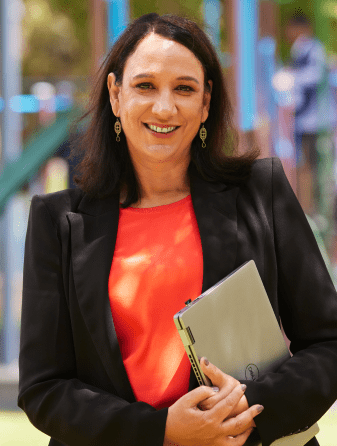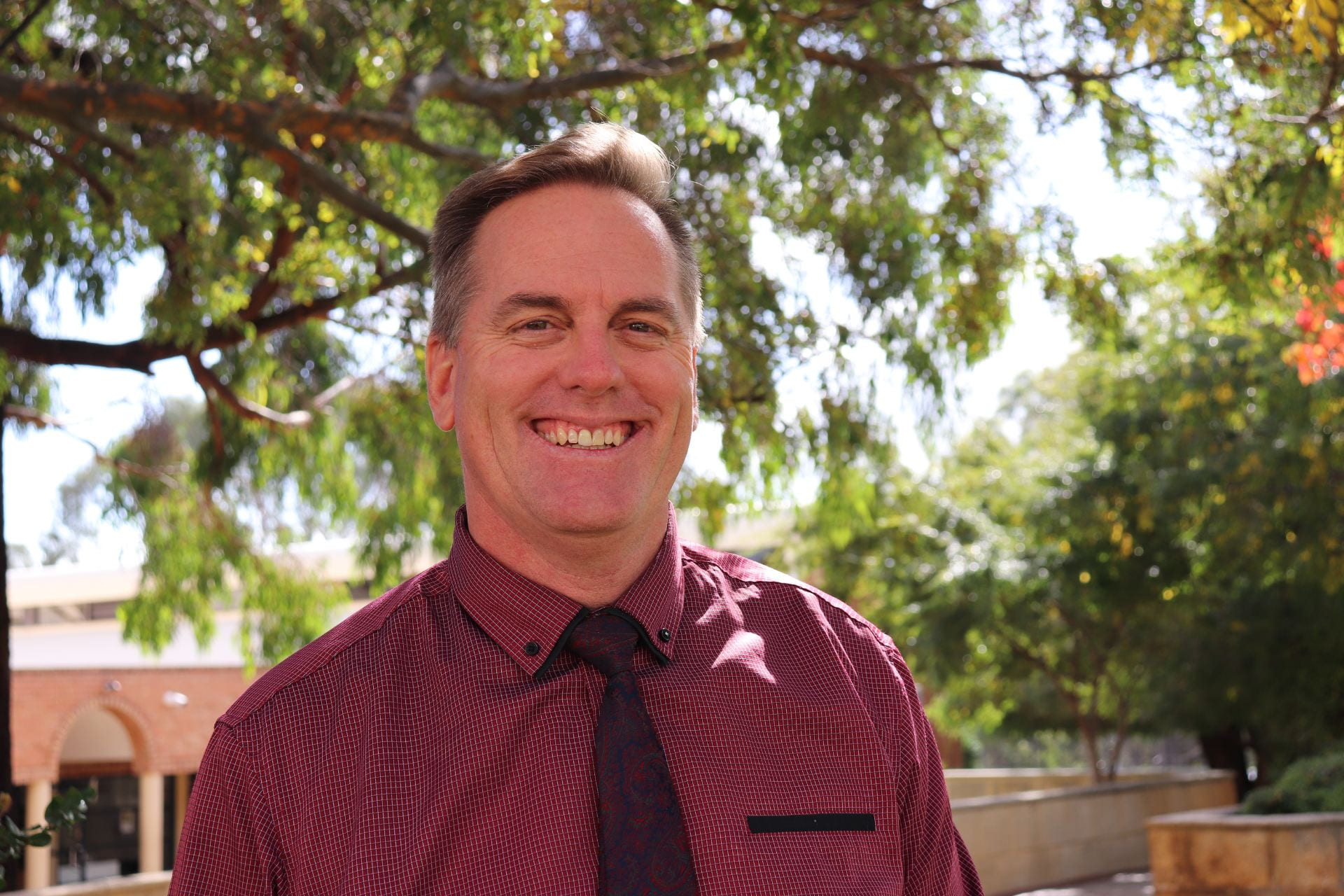In this newsletter:
- Principal’s message
- Ms Dunn’s Digest
- Mrs Resta’s Reflections
- Parenting tip from Mr Gilchrist
- Public notices
- Dates for your diary
Principal’s message

As the school year draws to a close, I am reminded of how much growth takes place in the quieter moments of school life. The resilience built through challenges, the confidence gained from new responsibilities, and the small but significant steps our young people take each day. Watching students mature in character as well as in learning is one of the greatest privileges of our St Stephen’s School community.
This time of year invites reflection on achievements and on the strong partnerships that support them. I am deeply grateful to our families for the trust you place in us and to our staff for their dedication and care. Together, we have created an environment where students feel seen and encouraged to stretch themselves.
As our Year 12s begin their lives beyond our gates, we give thanks for the contribution they have made to our School and pray they carry forward the values that have shaped them.
May your homes be filled with rest and connection this Christmas season and I look forward to welcoming our community back in the New Year.
Take care and God bless,
Donella Beare, Principal
Ms Dunn’s Digest

It is always a pleasure to join together with parents, our partners in learning, to acknowledge important milestones in the lives of our students and to celebrate their successes. The upcoming Presentation Evenings provide our community a joyous occasion to recognise the collective efforts and achievements of our students. These accomplishments give a sense of pride in goals met, challenges overcome, and what has been achieved through the year from our students.
To the Class of 2025, thank you for your leadership and advocacy within the School. We wish you every success in your future endeavours.
As the holidays begin and Christmas approaches, we extend our warmest wishes to all parents and students for a restful, well-earned break filled with time to enjoy family, friends and Christmas spirit. We look forward to welcoming everyone back in the New Year for another exciting chapter of learning and growth.
Rosemarie Dunn, Head of Campus
Mrs Resta’s Reflection

Whilst it may have been a short term, there were so many exciting activities in Term 4.
We started the term by welcoming our incoming Year 7, 2026 students and their parents to an Information Evening and Orientation Day. Students enjoyed a taste of what high school will be like. Well done to Mrs Libbis and the Year 7 team for creating such a warm and supportive introduction to Secondary School.
In the extracurricular space, our first of many events was our Arts and Technologies exhibition Synthesis. The theme of Synthesis 2025 was ‘Imprint’ and it showcased a wide variety of art, media, wood and metal work, as well as the wonderful catering from the Food and Hospitality students. Students truly excelled themselves.
This event was closely followed by our Interhouse Triathlon. Students competed individually or in teams to win points for their Houses. Congratulations to Timae on the win!
Term 4 is the culmination of the Rite Journey for our Year 9 students. As the year-long program came to an end, students were challenged at the Kaadadjan Centre through outdoor adventure and silent reflection. The whole program concluded with an exhibition of mentor projects and a beautiful calling ceremony held in our Quad. Well done to all Year 9 students who completed the Rite Journey program.
We also came together for our Middle School Music Concert and the Year 8 Specialist Performing Arts Evening. The perfect celebration of talent and demonstration of the hard work students have put into refining their skills this year.
The cherry on the cake for the whole year will take place on 2nd December, where we will be celebrating our students’ achievements at our annual Presentation evening. We look forward to seeing you there as we finish the year in style.
Rite Jouney Home Coming Highlights


Synthesis Highlights

Middle School Music Concert Highlights

Mrs Nicola Resta, Deputy Head of Secondary – Teaching and Learning
Parenting tip

with Mr Russell Gilchrist, Duncraig Deputy Head of Secondary – Care
Christmas holidays are a time for families to reconnect and recuperate after what is always a year of learning and challenges in both the workplace and in family life. Life can be a mixed bag, of joy and sadness, nothing is ever perfect and nothing is ever beyond all hope – despite us sometimes thinking everything that could go wrong, did go wrong!
For me, Christmas is a reminder of the wonderful hope we find every new day because of Jesus. We are reminded in Luke 2:10-11, which says, “And the angel said to them, ‘Fear not, for behold, I bring you good news of great joy that will be for all the people. For unto you is born this day in the city of David a Savior, who is Christ the Lord.” Jesus was sent as a gift from God for all people so we have nothing to fear. We are reminded that every challenge that we face, that every negative interaction or event that we experience, God is always there with us. So we are reminded “fear not”. God will never leave you or forsake you.
This Christmas time whilst eating a roast turkey or opening gifts with family and friends, be assured that the gift of Jesus is for everyone. God loves each one of us and wants to have a relationship with us, his children. When you next face a challenge that has you wondering why me, remember that God loves you and has a plan to bless you.
COMMUNITY NOTICES

Dates for your diary
Remember you can always visit the St Stephen’s School calendar for key dates and you can check full details of the 2026 term dates on our website.
Please note the following key dates for Term 4 in the 2025 academic year and moving into 2026:
- Tuesday 2 December – Presentation Night
- Friday 5 December – Term 4 Ends (12.00pm finish)
- Tuesday 27 January – Primary students return, Year 7 Orientation Morning
- Wednesday 28 January – Secondary students return
- Tuesday 31 March – St Stephen’s School Worship
- Thursday 2 April – Term 1 ends








































